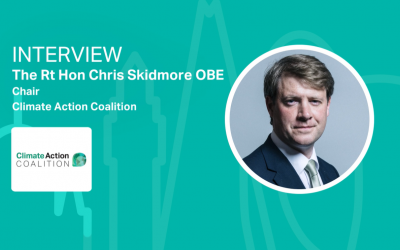Pension funds need net-zero ‘paradigm shift’
New research finds pension fund investors should think more carefully about the risks and opportunities of climate change when planning to reduce their carbon footprint

New research finds pension fund investors should think more carefully about the risks and opportunities of climate change when planning to reduce their carbon footprint.
Pension fund net-zero transition plans are dramatically underestimating the risks and opportunities presented by climate change, experts say.
A report from the Economics of Energy Innovation and System Transition (EEIST) project, argues for fundamental change in the way the investment industry thinks about climate change.
The report calls on pension funds and other asset owners to adopt “decision-useful climate scenarios” – using plausible real-world narratives to develop and implement bespoke transition plans.
This would protect assets and support the net-zero transition – so pension funds would be investing in a world their beneficiaries would want to live in.
“Using EEIST’s ‘risks and opportunities’ approach, we recommend pension funds examine their plans to assess how far they reflect plausible future events, given the radical uncertainty financial markets face from climate change – much of which simply cannot be modelled,” said Jack Oliver, from the University of Exeter. .
Its believed current models assume that existing trends will continue gradually – but “tipping points” in the climate, green economy and elsewhere could cause rapid transitions even within the current decade.
For example, historically valuable shares in fossil fuel companies could quickly lose value, and climate tipping points such as the dieback of the Amazon rainforest could dramatically alter human economies and societies.
Inspired by EEIST’s Ten Principles for Policy Making in the Energy Transition, the report proposes ten transition planning principles for pension funds.
These principles provide a framework for transformational net-zero decision-making and embedding the associated internal change in the strategic governance of risk and opportunity.
Find out more here.






